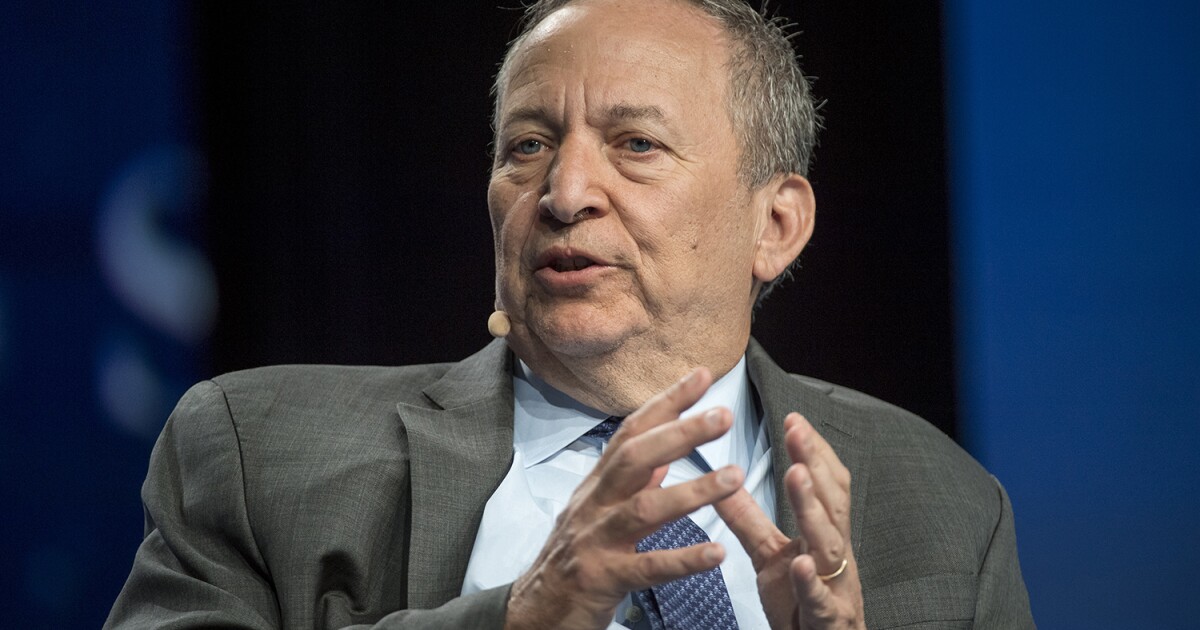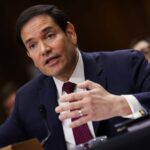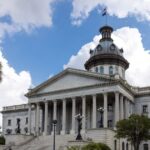

A recession is likely right around the corner, according to a top economist who predicted a burst of inflation would follow the pandemic.
Former Treasury Secretary Larry Summers put the odds of a recession beginning this year at 70%, citing a bevy of economic storms on the horizon such as lags in the repercussions from monetary policy and geopolitical snarls that could spring up.
WHY THE DROP IN MARCH INFLATION ISN’T QUITE THE ‘PROGRESS’ TOUTED BY BIDEN
“The chance that a recession will have begun this year in the US is probably about 70 percent. I think that puts me at the pessimistic end of the spectrum of opinion,” He tweeted.
The chance that a recession will have begun this year in the US is probably about 70 percent. I think that puts me at the pessimistic end of the spectrum of opinion.
Watch my interview with @ForeignPolicy’s Ravi Agrawal on the global economic outlook, the state of Russia’s…
— Lawrence H. Summers (@LHSummers) April 16, 2023
Summers was the former Treasury Secretary under the Clinton administration and former director of the National Economic Council under the Obama administration.
“It’s not something we can be certain of, but as I put together the lags associated with monetary policy, the credit crunch risk, the need for continuing action around inflation, the risk of geopolitical or other shocks affecting commodities, 70% would be the range that I would be in,” Summers added in an interview with the Financial Times.
Concerns of a recession among economists were seemingly eased a bit over recent months following a slew of positive jobs reports and other positive economic indicators. Then a banking crisis that saw the failure of multiple institutions, most notably Silicon Valley Bank, revived fears of a recession.
Summers emerged as one of the most prominent economists warning the Biden administration and Federal Reserve to cool it with stimulus measures to rev up the economy during the COVID-19 pandemic.
“I think policy is rather overdoing it,” Summers warned back in 2021. “We’re taking very substantial risks on the inflation side.”
CLICK HERE TO READ MORE FROM THE WASHINGTON EXAMINER
Last year, the Biden administration fought back against assertions that a recession began after there were two consecutive quarters of negative growth, a benchmark for a recession according to some economists. The nonpartisan National Bureau of Economic Research typically declares recessions.
Subsequent quarterly growth turned positive. Recently, President Joe Biden touted a drop in headline annual inflation, which fell from 6% in February to 5% in March, but underlying pressures still showed negative signs.





